
Fortnite
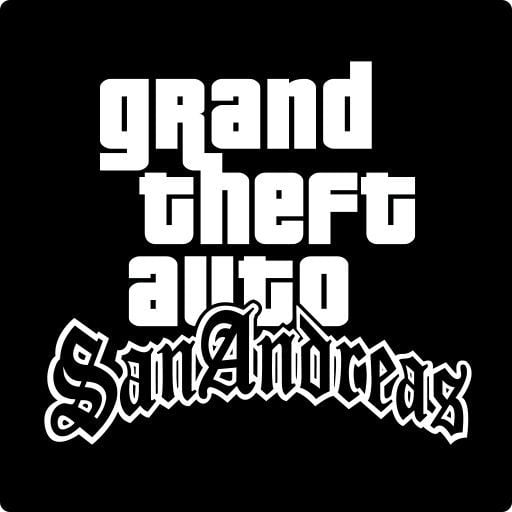
Grand Theft Auto: San Andreas

Minecraft

FIFA Soccer
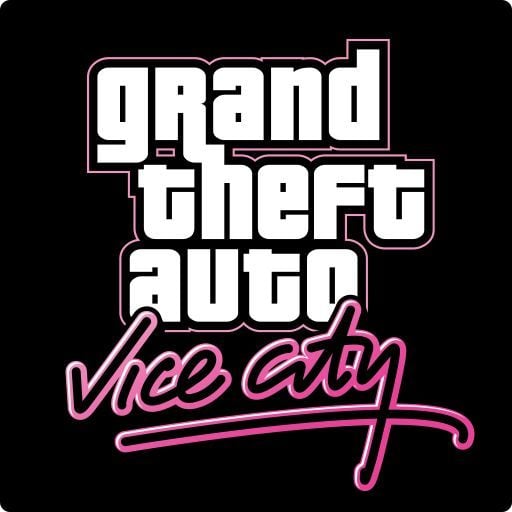
Grand Theft Auto: Vice City

Grand Theft Auto III

Poppy Playtime Chapter 1
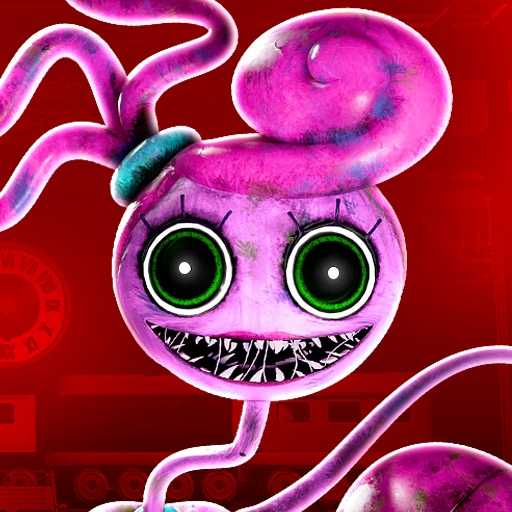
Poppy Playtime Chapter 2

Magic Tiles 3

Scary Teacher 3D
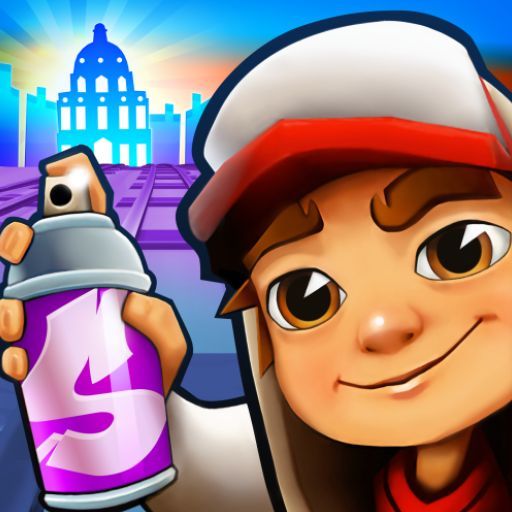
Subway Surfers

Geometry Dash

Among us

slither.io

Temple Run 2

Stickman Hook

Toca Life World

Moto X3M Bike Race Game

Garena Free Fire: Winterlands
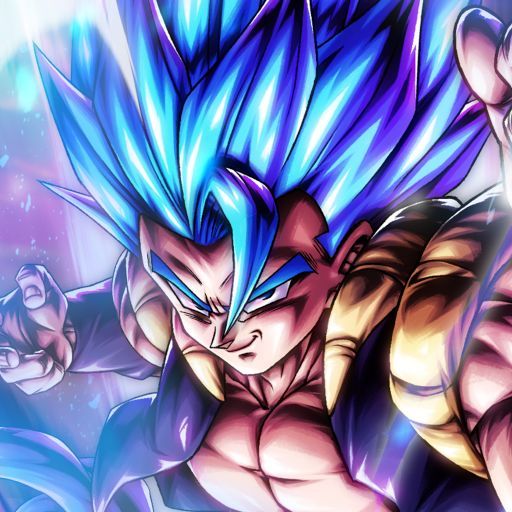
DRAGON BALL LEGENDS

Candy Crush Saga

Call of Duty Mobile

Bloons TD 6

CSR 2 Realistic Drag Racing

Hay Day
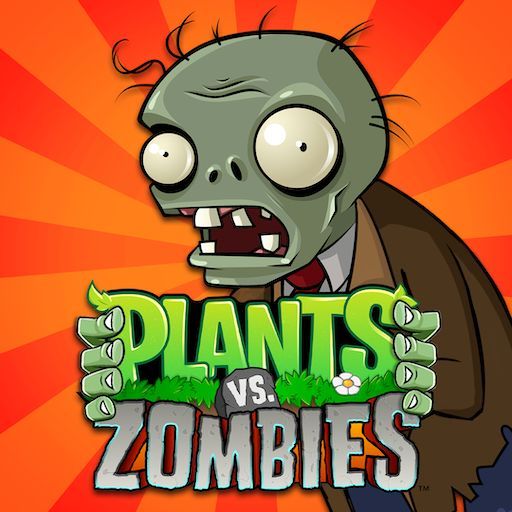
Plants vs. Zombies

PUBG MOBILE

Hitman Sniper
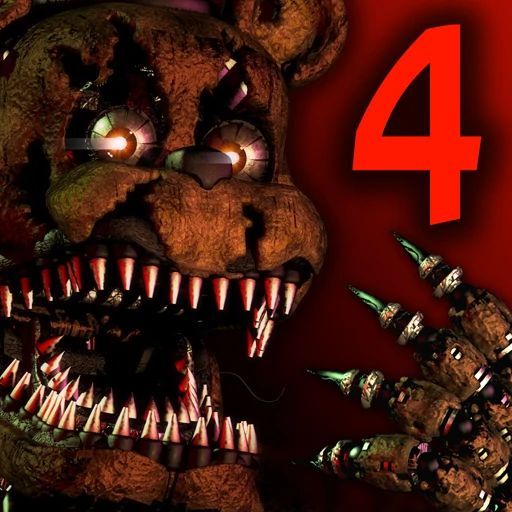
Five Nights at Freddy’s 4

Evony: The King’s Return
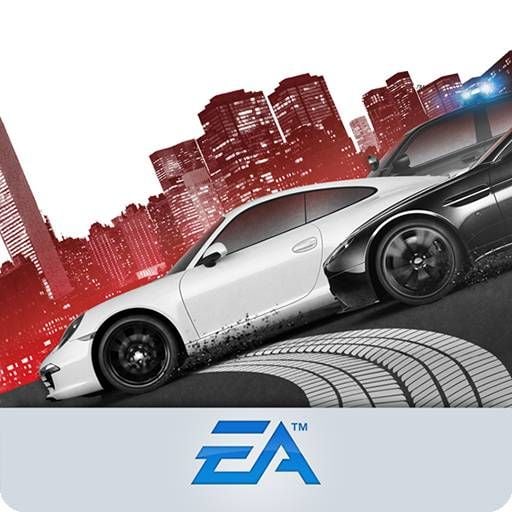
Need for Speed Most Wanted

Need for Speed No Limits

Five Nights at Freddy’s

Super Mario Run

Dead Cells
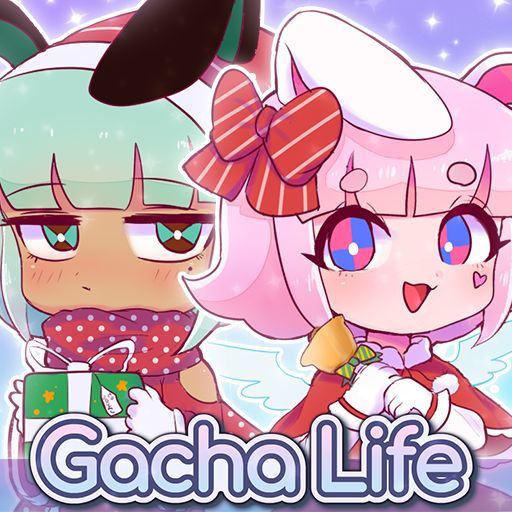
Gacha Life

Pokémon GO

Township

Plants vs. Zombies 2

Tiles Hop: EDM Rush!

Granny 3

Talking Tom Gold Run
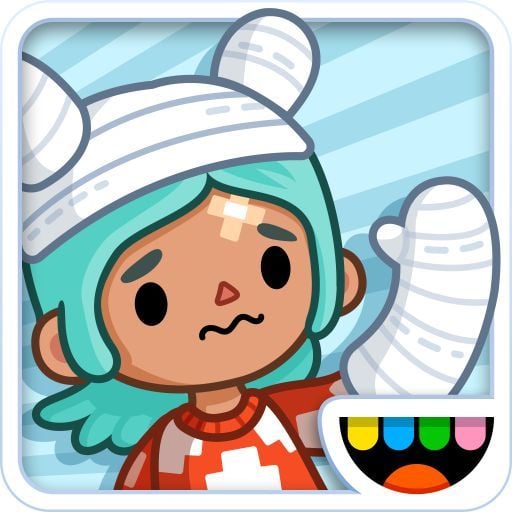
Toca Life: Hospital

Sonic Dash
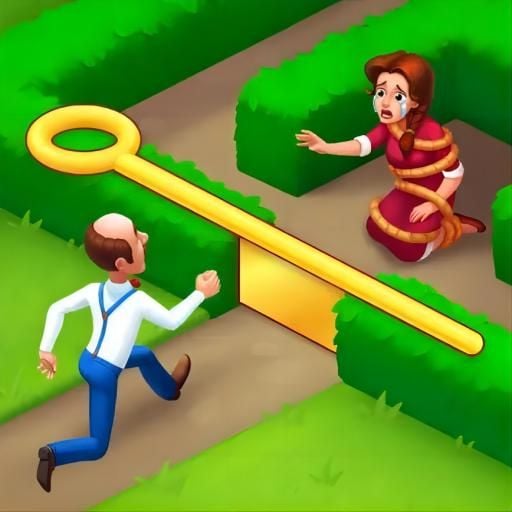
Gardenscapes
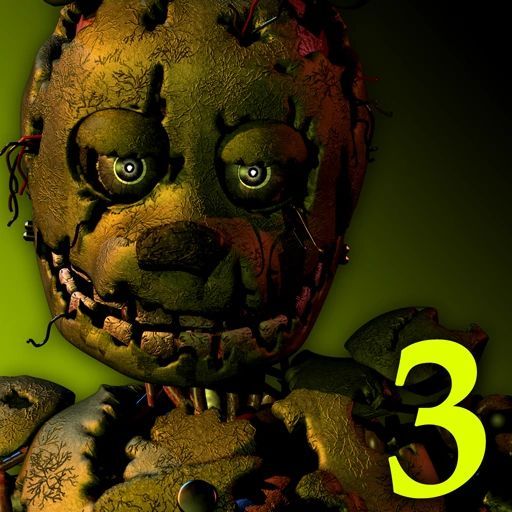
Five Nights at Freddy’s 3
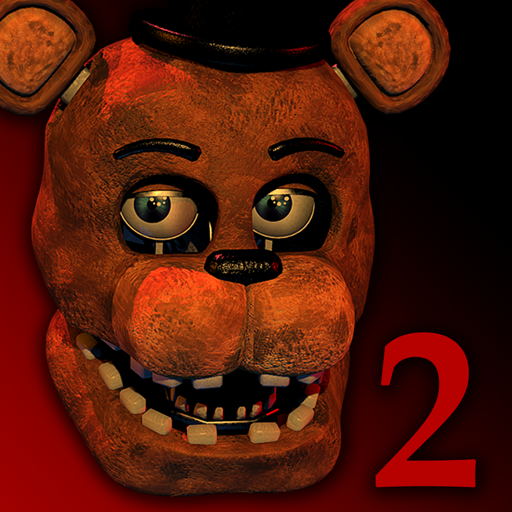
Five Nights at Freddy’s 2
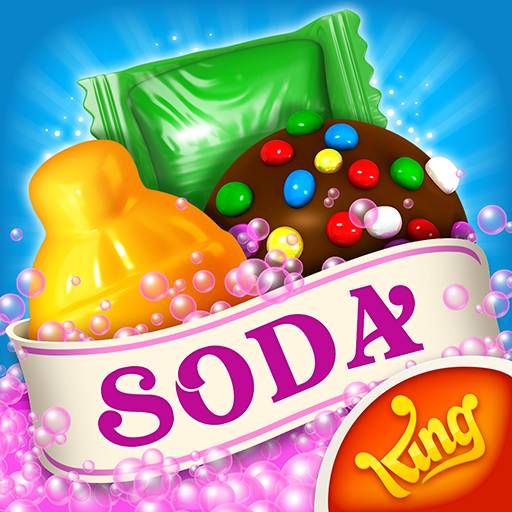
Candy Crush Soda Saga
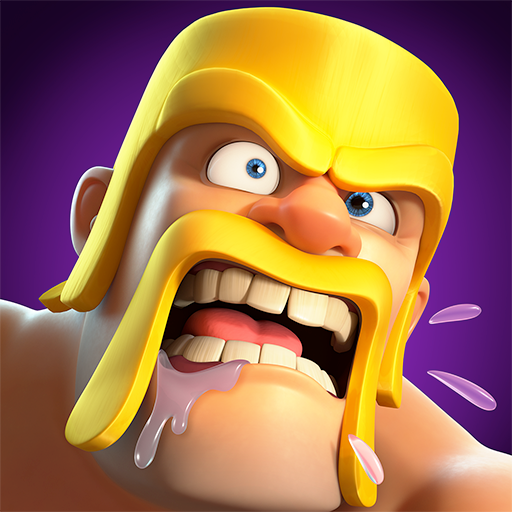
Clash of Clans
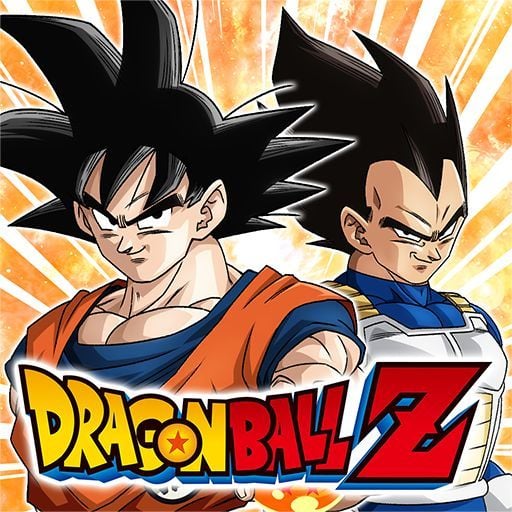
DRAGON BALL Z DOKKAN BATTLE

League of Legends: Wild Rift

Pokémon GO

Star Wars™: Galaxy of Heroe

Asphalt 9: Legends
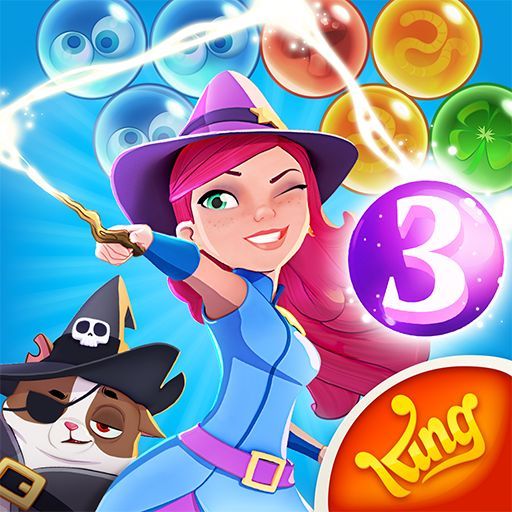
Bubble Witch 3 Saga

Geometry Dash
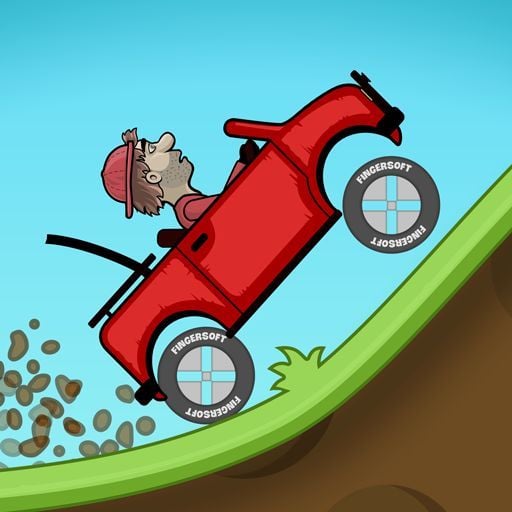
Hill Climb Racing

Hill Climb Racing 2

Mafia City

Star Trek™ Fleet Command
Advertisement
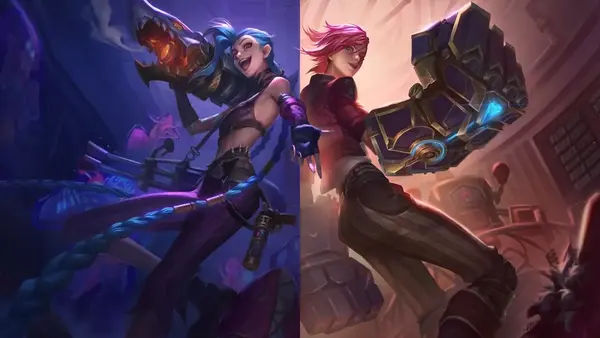
Disclaimers. The mobile game and app download address is from the official app marketplace of iOS App Store and Google Play. It has been checked for security and does not contain viruses or malware.
Platform:
File Size:
Current Version:
Updated Time:
Developer:
Content Rating:
Since its release, League of Legends by Riot Games has grown into one of the most popular multiplayer online battle arena (MOBA) games worldwide. However, alongside its success, the game has struggled with a persistent issue: toxicity within its player community. This article dives deep into the causes, impacts, and potential solutions to curb toxic behavior in League of Legends.
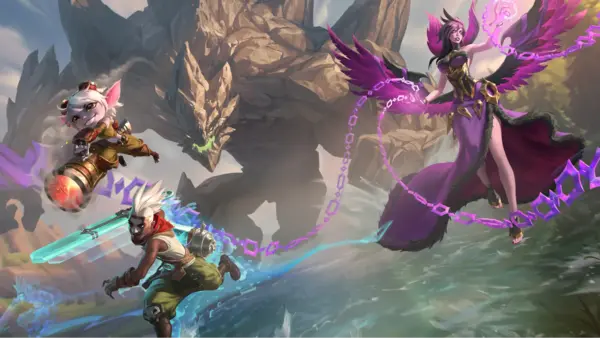
Toxic behavior refers to negative actions by players that harm the gaming experience for others.
The highly strategic and team-oriented gameplay can lead to frustration.
Online anonymity allows players to act without facing real-world consequences.
Toxicity negatively affects player well-being and enjoyment.
A toxic environment can damage the game’s reputation and growth.
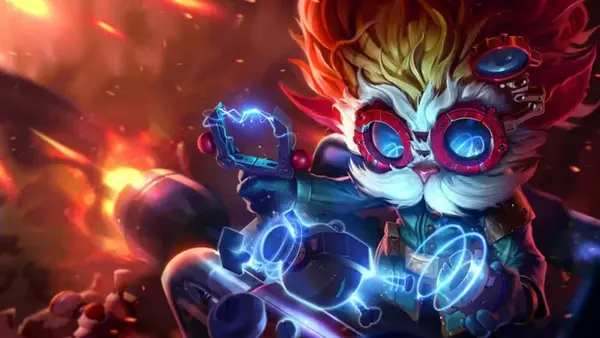
Riot Games has implemented systems to address toxic behavior.
The honor system rewards positive behavior in the community.
The player base has varying opinions on Riot’s efforts.
Some players take matters into their own hands to improve the community.
Studying initiatives from other games provides valuable insights.
Building on current measures can make a significant difference.
Fostering a supportive community culture can counteract toxicity.
Players play a crucial role in creating a healthier environment.
Veterans can guide newcomers to foster a welcoming atmosphere.
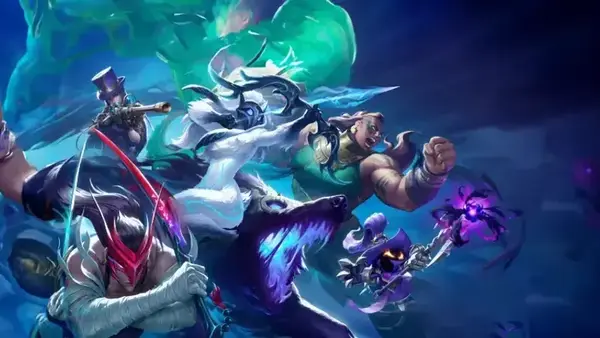
Sustained efforts are required to tackle toxicity effectively.
Advanced tools can help create a fairer gaming environment.
Tackling toxicity in League of Legends requires a multifaceted approach involving developers, players, and technology. By fostering a culture of accountability and positivity, Riot Games can ensure that the game remains enjoyable for all players.